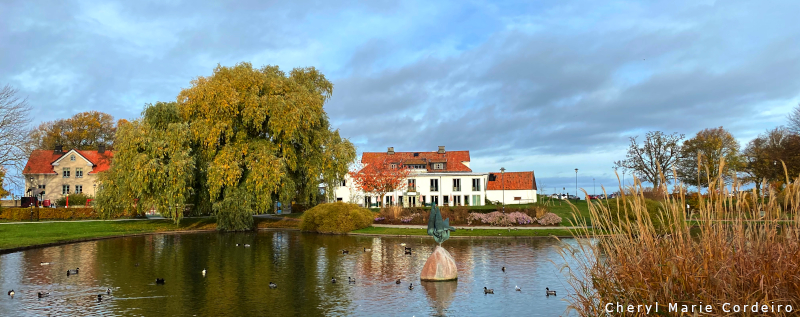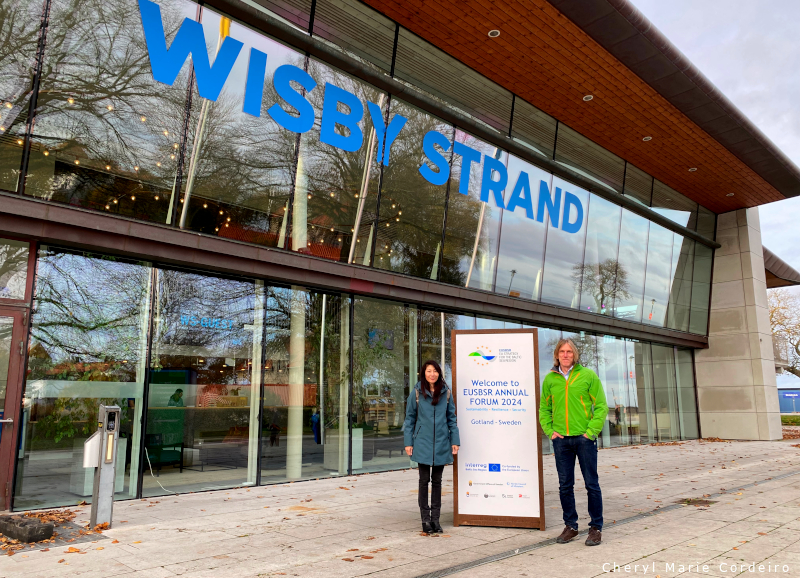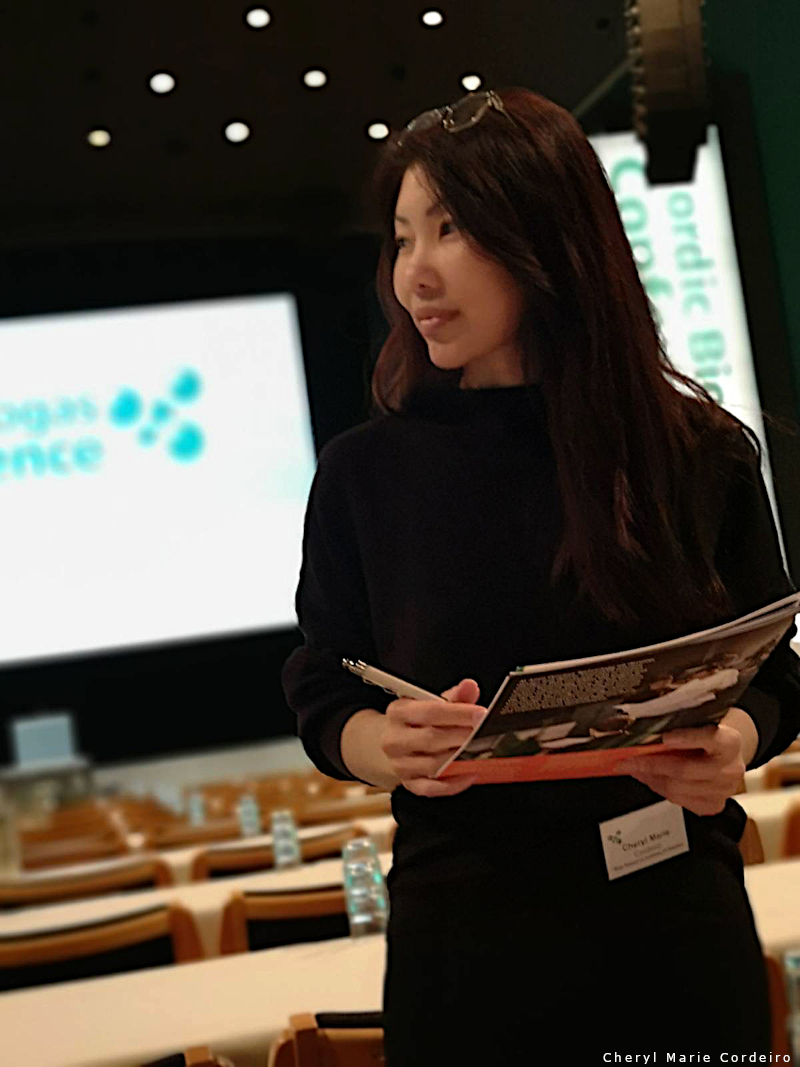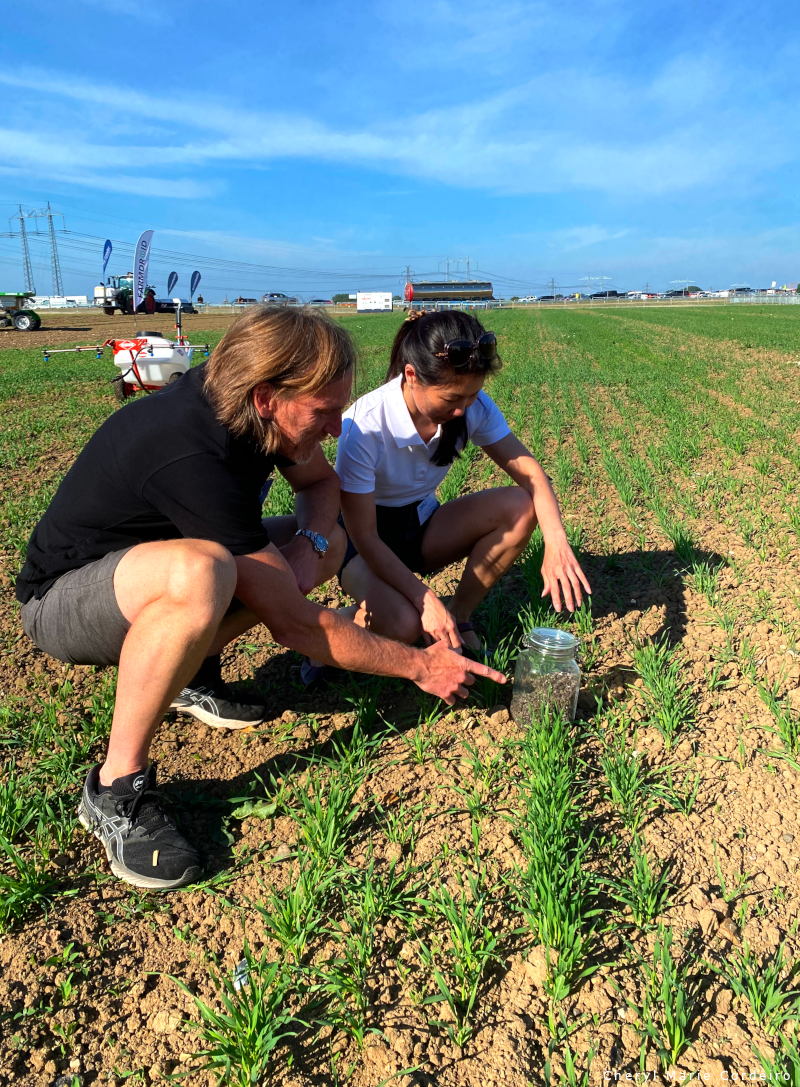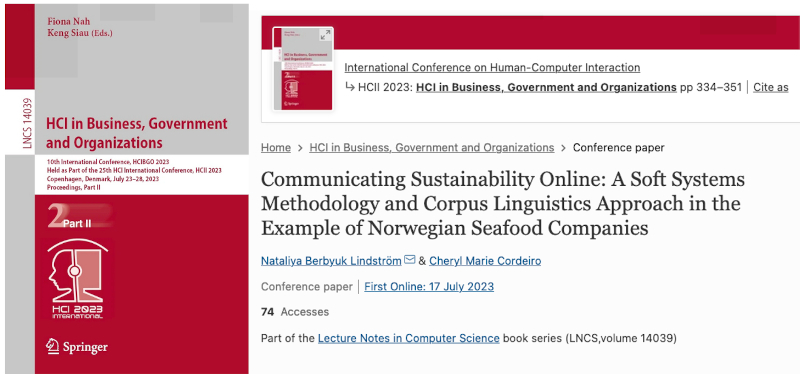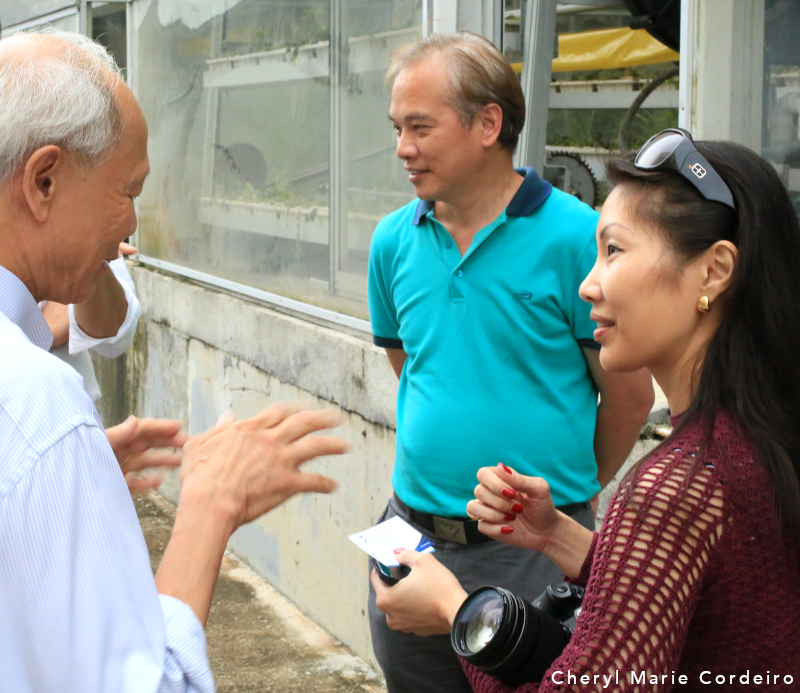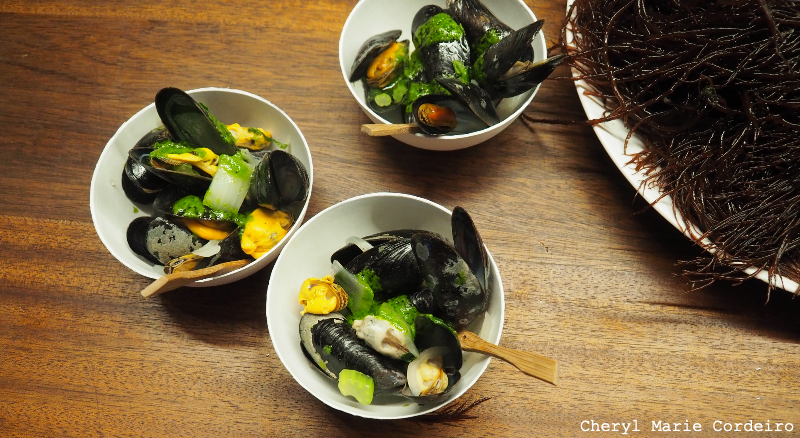
Text and Photo: CM Cordeiro, EB Sindhøj © 2024
Nestled in the bustling city of Beijing is a beacon of agricultural innovation—the Institute of Plant Nutrition, Resources, and Environment, part of the prestigious Beijing Academy of Agriculture and Forestry Sciences (BAAFS). During my recent visit, I discovered how this remarkable institution is shaping the future of sustainable agriculture, addressing challenges ranging from resource management to environmental conservation.
About the Beijing Academy of Agriculture and Forestry Sciences
Founded in 1958, the Beijing Academy of Agriculture and Forestry Sciences (BAAFS) has grown into a world-class research institution. With 1,230 employees, including 574 with senior professional titles and 558 with doctoral degrees, the academy is home to an impressive roster of talent. This includes one academician of the Chinese Academy of Engineering, five Beijing Scholars, and several nationally recognized young scholars. The academy encompasses 15 institutes and centers, covering agriculture, forestry, animal husbandry, and fishery. Its disciplines of ”Plant and Animal Science,” ”Agricultural Science,” and ”Environment and Ecology” have been ranked among the top 1% globally by the Essential Science Indicators (ESI).


